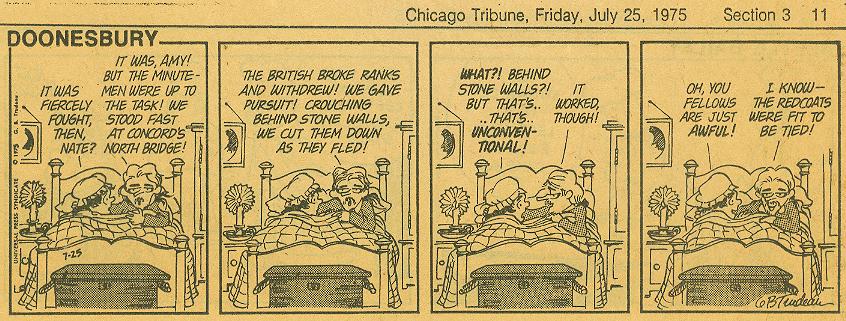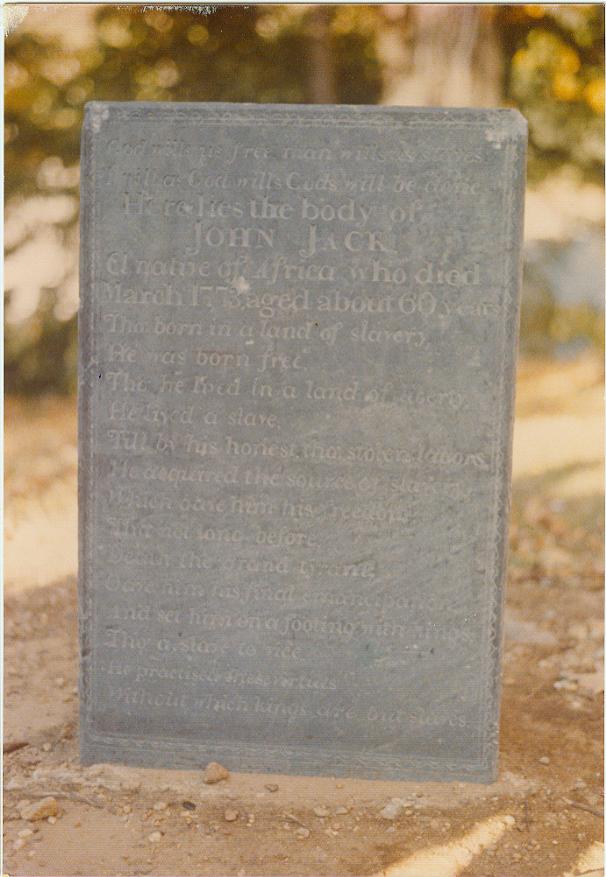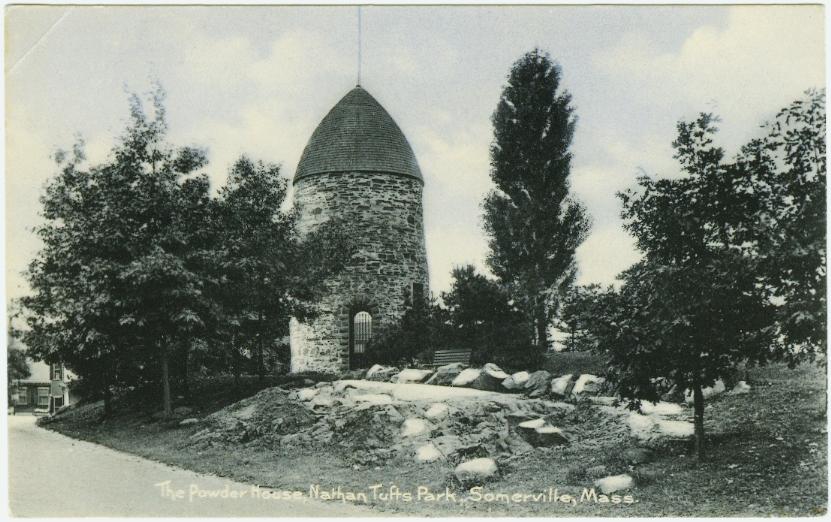History 233 Reading Guide
DISCUSSION: REBELLION—REVOLUTION
- Robert Gross, The Minutemen and Their World (1976)
What brought the people of Concord to the North Bridge on April 19, 1775?
- What imperial issues compelled their actions?
- What local issues compelled them? How did the particular configurations of their community relationships (shaped by religious tensions, changing economic opportunities, social hierarchy and social stratification, and political opportunities) shape their participation in and response to the Battle and the Revolution?
- According to Gross, which set of strains was most powerful? Did the emphasis or balance shift over the course of the war? If so, why?
- Were the principles and the immediate concerns the same for all members of the community?
How does Gross's community study of Concord add to our understanding of the origins of the American Revolution?
From the vantage point of the residents of Concord, how does Gross characterize the American Revolution? Was this a colonial rebellion, a conservative defense of American liberties, or a revolution?
How does he describe the aftermath and the consequences of the revolution?
Concord:
- Gary B. Trudeau, Doonesbury (7/25/1975):


Concord Cemetery, John Jack's tombstone (photograph 1977).
- God wills us free; man wills us slaves.
I will as God wills; God's will be done.
Here Lies the body of
JOHN JACK
a native of Africa who died
March 1773 aged about 60 years
Tho' born in a land of slavery,
He was born free.
Tho' he lived in a land of liberty,
He lived a slave.
Till by his honest, tho' stolen labors,
He acquired the source of slavery,
Which game him his freedom.
Tho' not long before
Death, the grand tyrant
Gave him his final emancipation,
And set him on a footing with kings.
Tho' a slave to vice,
He practiced those virtues
Without which kings are but slaves.
Somerville, Boston, and Lexington:

Site of the Powder Alarm, Sept. 1, 1774: The Powder House, Nathan Tufts Park, Somerville, Mass. (c.1907)
